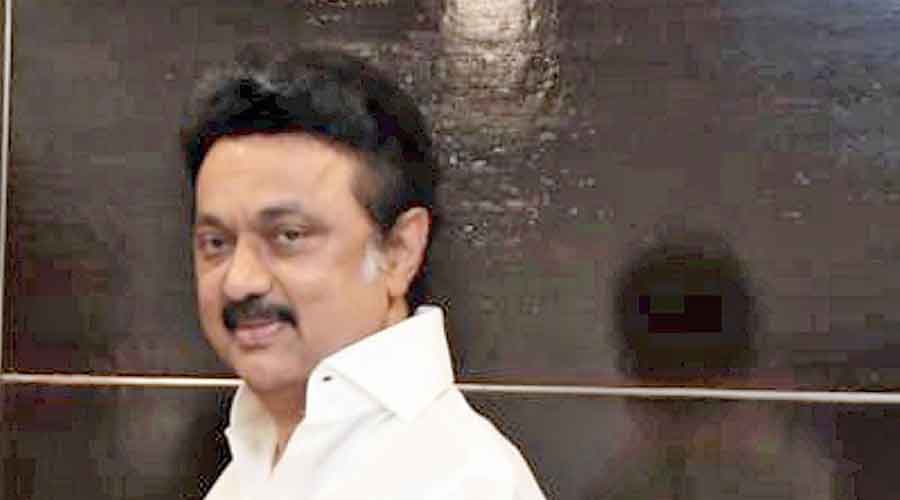What looks like a storm in a teacup may spill over the rim. The debate in Tamil Nadu regarding the use of the term, ‘Union government’, by M.K. Stalin, the chief minister heading the new Dravida Munnetra Kazhagam government, seems a waste of time. State leaders of the Bharatiya Janata Party, supported by their electoral allies in the All India Anna Dravida Munnetra Kazhagam, have objected to the change from ‘Central government’, which the BJP-friendly AIADMK used while in power. They claimed, first, that a democratically elected government should not change an expression which the people are used to. That is just silly, of course. Why should this change of nomenclature disturb the Opposition? These terms are used interchangeably. But the BJP suspects a hidden agenda and mala fide intentions behind the new government’s preference. The DMK top brass’s argument is that the Constitution defines the country as a Union of states, just as cases in the Supreme Court refer to the Union of India. It is neither wrong nor is the Tamil term for it new, since it was used first by C.N. Annadurai in 1957 — and repeatedly by the DMK since then.
The state BJP’s insistence that the Centre be called the ‘Central’ government has two sources. One is insecurity — it has been left on the Opposition benches together with the AIADMK in the state. The defeat here coincided with its resounding defeat in West Bengal and its frank absence in Kerala. The BJP’s professed intention to decimate all Opposition did not work in these states — they have voices of their own. Earlier, the DMK as Opposition had protested against the Centre’s infringement of states’ rights and had also made state autonomy a feature in its election manifesto. So the BJP is antsy about the timing of the DMK government’s change of nomenclature; it believes the government is ‘confrontationist’. In the larger context of the BJP’s vision of a monolithic nation, the DMK has touched a raw nerve. This is the second source of the state BJP’s jumpiness, because, instead of a federation of states, the BJP views India, according to the state BJP general secretary, as one entity with states formed only for administrative purposes. The BJP’s aggressive thrust for centralization in every sphere manifests this self-serving vision. Not a storm in a teacup then, but a political and philosophical conflict that underlies the tensions in India today.










